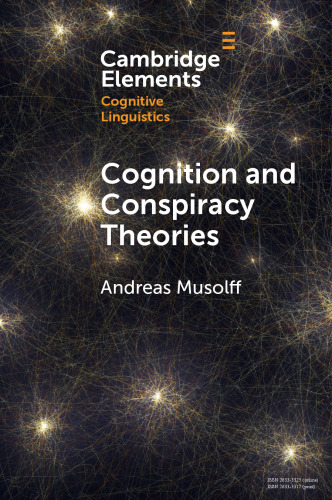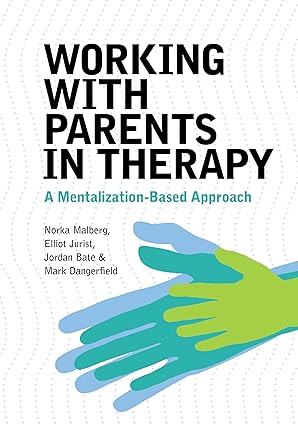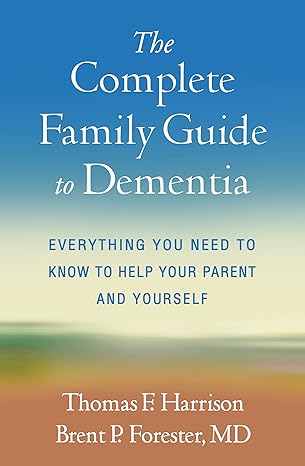he Problem: A Complex Case The first interview had barely ended, and the therapist was unable to dispel his sense of confusion with regard to the diagnosis. He began to look through his notes. Enrico is a 25-year-old university student, modest in appearance, and well spoken, who stopped taking exams over a year ago and does not attend courses. An only child, he lives with his parents and turned to the Third Center of Cognitive Psychotherapy for a rather unusual problem. Enrico faints or – he cannot say – sud- denly falls asleep while others are talking to him, slumping wherever he happens to be, on a chair or sofa. For sure, he loses consciousness, and this occurs frequently, three or four times a week. For this reason, he was admitted to a prestigious neurol- ogy department in Rome. After a thorough battery of examinations, tests, and assessments, epilepsy, narcolepsy, or other organic causes were ruled out. The doc- tors’ verdict was: “It’s a psychological problem!” and they advised him to turn to the Third Center. During his hospital stay, the doctors had witnessed an episode of his passing out, and they had no qualms about excluding any possibility of simula- tion. They kindly sent us a video along with the EEG tracing and the measurements of muscle tone. In the very moment the video showed the patient slump, the EEG trace showed cerebral activity continuing as in a state of wakefulness (which made it possible to rule out narcolepsy), while the EMG showed a total collapse of muscle tone. “Possibly a faint?” the therapist wondered, meaning a dissociative defense from a situation of overwhelming threat, characterized by loss of muscle tone.
چکیده فارسی
مشکل: یک مورد پیچیده مصاحبه اول به سختی به پایان رسیده بود و درمانگر نتوانست احساس سردرگمی خود را با توجه به تشخیص برطرف کند. شروع کرد به بررسی یادداشت هایش. انریکو یک دانشجوی 25 ساله دانشگاهی، از نظر ظاهری متواضع و خوش صحبت است که بیش از یک سال است که امتحانات را متوقف کرده و در دوره های آموزشی شرکت نمی کند. او که تک فرزند است، با والدینش زندگی می کند و برای یک مشکل نسبتاً غیرعادی به مرکز سوم روان درمانی شناختی مراجعه کرد. انریکو غش میکند یا – نمیتواند بگوید – ناگهان به خواب میرود در حالی که دیگران با او صحبت میکنند، هر کجا که اتفاق میافتد، روی یک صندلی یا مبل. مطمئناً او هوشیاری خود را از دست می دهد و این اتفاق اغلب سه یا چهار بار در هفته رخ می دهد. به همین دلیل، او در یک بخش معتبر عصب شناسی در رم پذیرفته شد. پس از یک مجموعه کامل از معاینات، آزمایشها و ارزیابیها، صرع، نارکولپسی یا سایر علل ارگانیک رد شد. حکم پزشکان این بود: "این یک مشکل روانی است!" و به او توصیه کردند که به مرکز سوم مراجعه کند. در طول مدت اقامت او در بیمارستان، پزشکان شاهد یک قسمت از غش کردن او بودند و هیچ ابایی در مورد رد هرگونه امکان شبیه سازی نداشتند. آنها با مهربانی یک ویدیو همراه با ردیابی EEG و اندازه گیری تون عضلانی برای ما ارسال کردند. درست در لحظهای که فیلم افت بیمار را نشان داد، ردیابی EEG نشان داد که فعالیت مغزی همچنان در حالت بیداری ادامه دارد (که امکان رد نارکولپسی را فراهم میکند)، در حالی که EMG یک فروپاشی کامل تون عضلانی را نشان میدهد. "احتمالا غش؟" درمانگر تعجب کرد، به این معنی که یک دفاع گسسته در برابر موقعیتی با تهدید شدید، که با از دست دادن تون عضلانی مشخص می شود.
ادامه ...
بستن ...
he Problem: A Complex Case The first interview had barely ended, and the therapist was unable to dispel his sense of confusion with regard to the diagnosis. He began to look through his notes. Enrico is a 25-year-old university student, modest in appearance, and well spoken, who stopped taking exams over a year ago and does not attend courses. An only child, he lives with his parents and turned to the Third Center of Cognitive Psychotherapy for a rather unusual problem. Enrico faints or – he cannot say – sud- denly falls asleep while others are talking to him, slumping wherever he happens to be, on a chair or sofa. For sure, he loses consciousness, and this occurs frequently, three or four times a week. For this reason, he was admitted to a prestigious neurol- ogy department in Rome. After a thorough battery of examinations, tests, and assessments, epilepsy, narcolepsy, or other organic causes were ruled out. The doc- tors’ verdict was: “It’s a psychological problem!” and they advised him to turn to the Third Center. During his hospital stay, the doctors had witnessed an episode of his passing out, and they had no qualms about excluding any possibility of simula- tion. They kindly sent us a video along with the EEG tracing and the measurements of muscle tone. In the very moment the video showed the patient slump, the EEG trace showed cerebral activity continuing as in a state of wakefulness (which made it possible to rule out narcolepsy), while the EMG showed a total collapse of muscle tone. “Possibly a faint?” the therapist wondered, meaning a dissociative defense from a situation of overwhelming threat, characterized by loss of muscle tone.
ادامه ...
بستن ...










